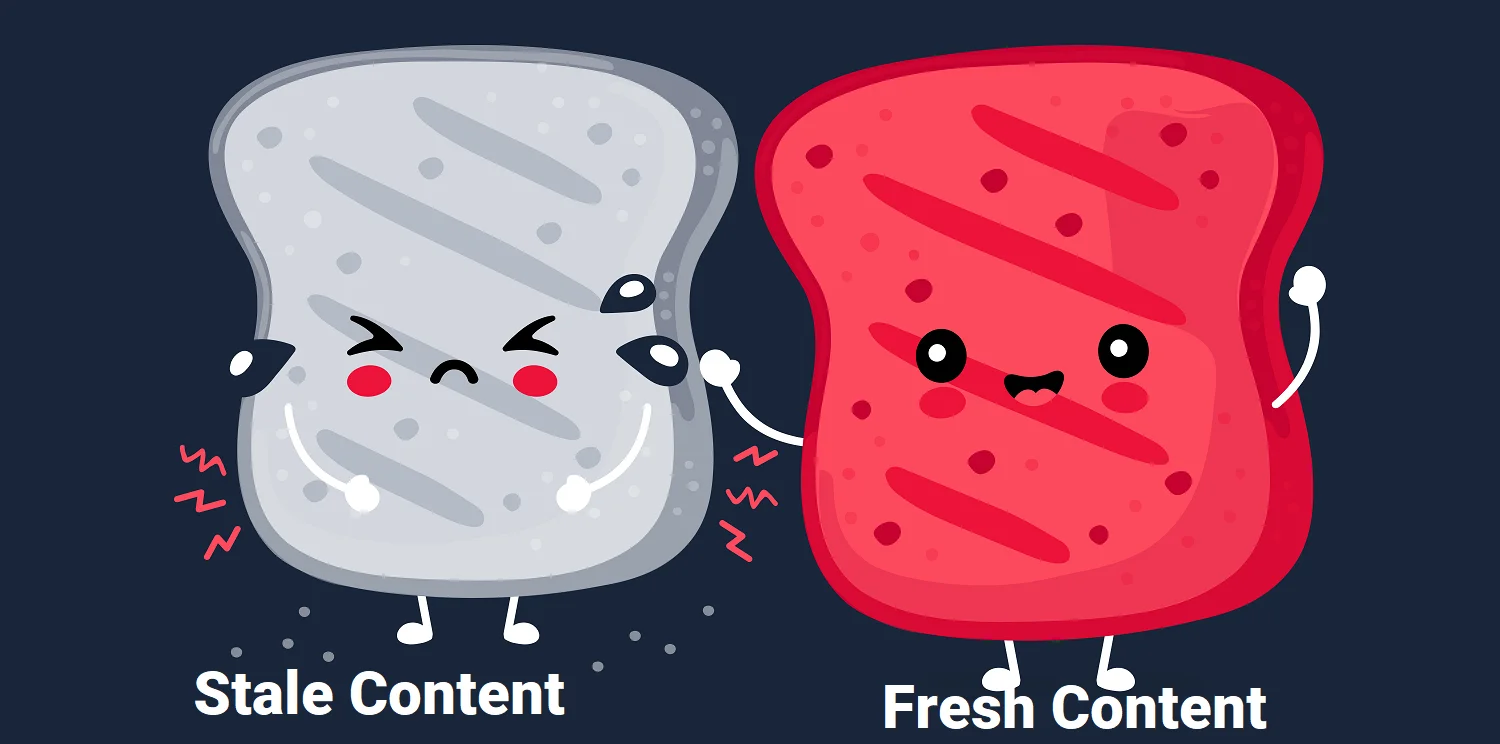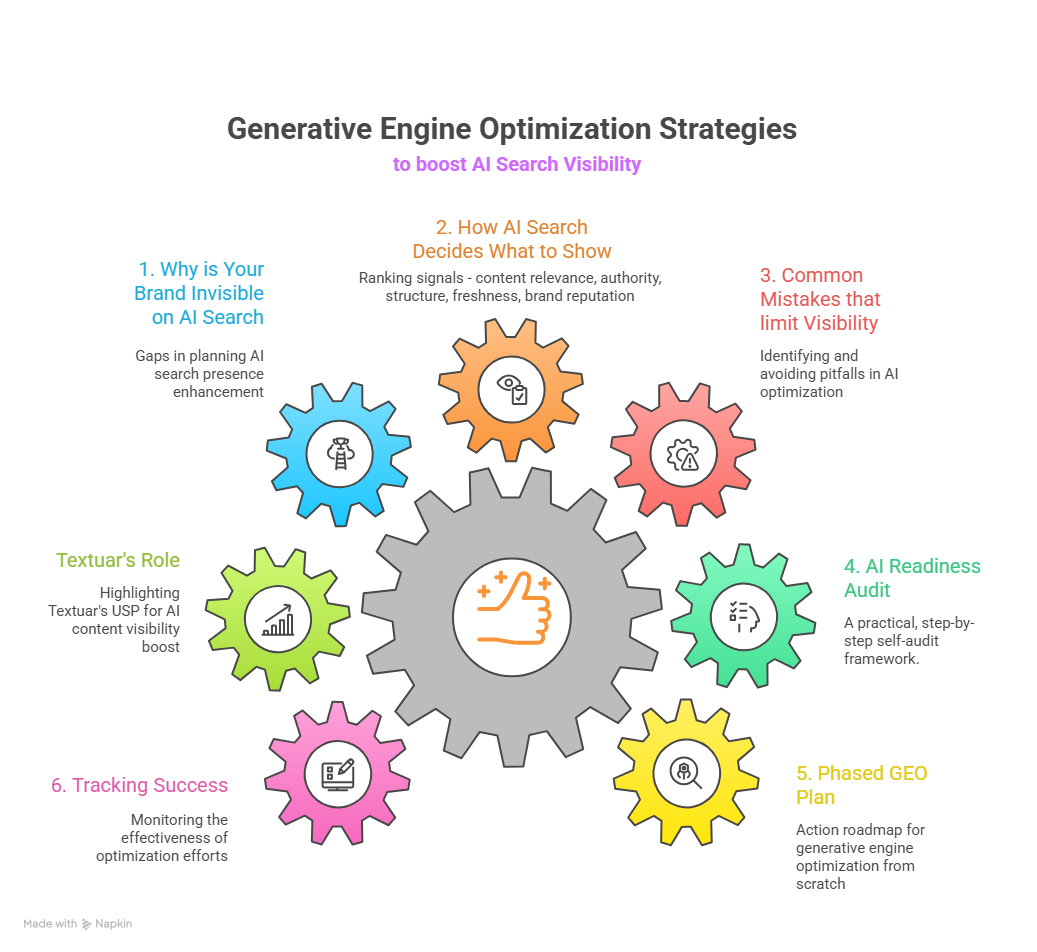Websites are no longer virtual programs that one can merely surf on the internet. In the current technological epoch, they have grown to be far more than just that. Every post you put there reaches out to your audiences and has a certain amount of impact. You have the control on how to direct the impact. The moment you create website content and post it out, you make it available to search engines to access it if they find it to be relevant.
In contrast, if you happen to have a stagnant site without any regular updates, then these search engines may attribute your website to be a “Dead” presence on the internet. These dead presences generally have nothing to offer and have no online traffic flowing through it whatsoever.
However, if you do have a website that has a fair amount of visitors frequently, your website is considered to be an abode of fresh content and an unending source of information that is new.
Long story short: if you regularly post fresh web content on your website, search engines consider your site to be important, and yield your site as the result anytime someone enters the keywords you target.

Just one fresh content cannot guarantee higher SERP index
Though there may be a connection between fresh website content and a higher Search Engine Result Page (SERP) index, it is not the guaranteed way to get them. frequently posting is the key here. The more frequently you happen to post content out and the more innovative and interactive you make it – with downloads, newer web pages, etc. – the more a search engine will stop by and visit your site. Having a search engine visit you frequently is your key to increase your SERP index, and fresh website content helps you get the search engine visit your site often.
You ranking depends upon the quality of online SEO content you provide, and hence consistently delivering good quality is the only way you could watch your site hitting the top SERP ranks.
Search engines have programs called as web crawlers, or robots or even Googlebot. These crawlers scan the internet for websites, day in and out. The web crawler collects website information and “indexes” them on the basis of a number of algorithmic factors which are determined by the company, in this case, Google. Another note to remember here is that the algorithms are subject to change quite often and so the research to figure out what Google wants is one that is never-ending.
Let us consider an example where a site is indexed on the basis of the number of incoming links to the site, the number of keywords used, the nature of those keywords, the link juice this site gains and leaks and how often the site is updated. Every time you post an update on your site, the search engine crawlers are alerted and they re-arrange your sites ranking on the basis of the mention parameters.
Therefore, if you intend to increase your site’s ranking, you simply need to post better and post often.
More website content and more keywords
Keywords are anchors that crawlers hold on to. These are indicators that help crawlers designate your post to a certain category, so that the next time these keywords are entered in the search bar by any XYZ user, your site and the hooks you offer in the form of those exact keywords would show up to the end user. That is just how simple the whole SEO (Search Engine Optimization) scenario is.
Keyword stuffing, however, may not be the solution for you, if you want your site indexed. More the hooks, more fishy the site appears. You have to insert keywords naturally and only then would Googlebot acknowledges your online presence to be legitimate.
Fresh content goes a long way
Gaining authority in Google’s site does not come easy to all. The oldest adage holds true in this new age: “content is the king.” Content creators need to know that they have to push out content that is informative and relevant. The more value they offer through their site, the higher would be their ranking. One concrete way of achieving authority is to post industry updates that are accurate and fresh.
In conclusion, websites are a powerful tool, but they cannot be as effective if you do not fuel them with powerful content and keep them updates on a regular basis. Without fresh and regular content, gaining benefits from your online presence is a fruitless thing to hope for.










